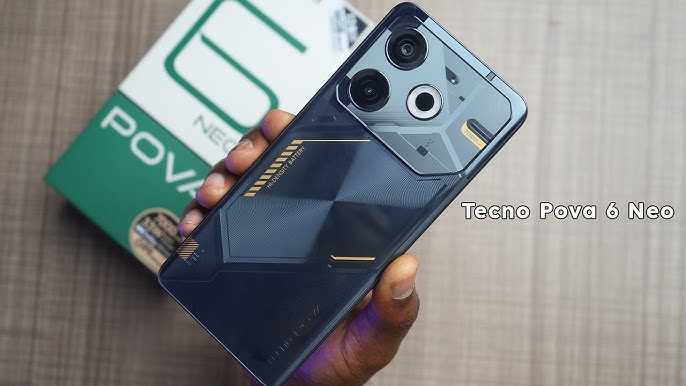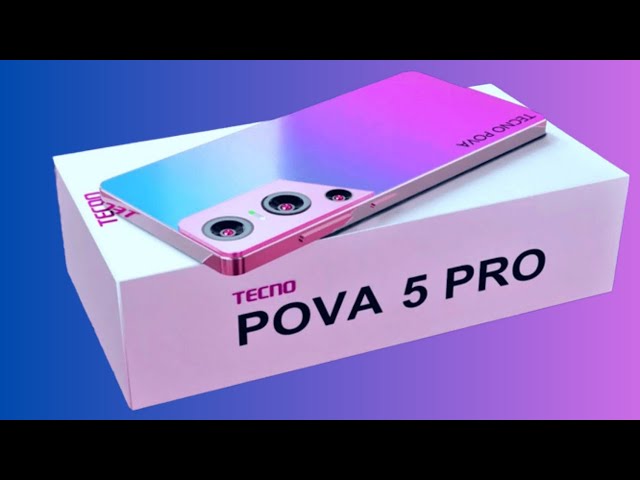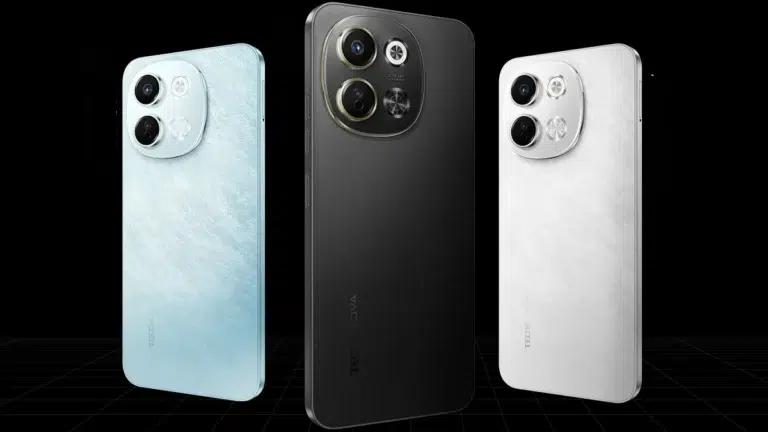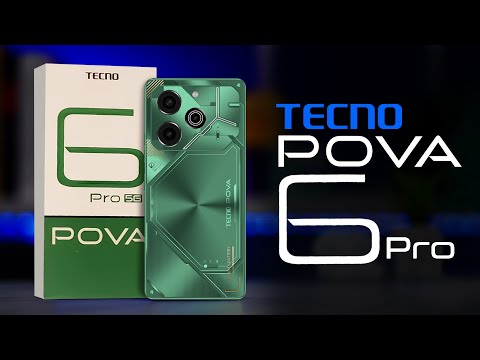Introduction
The rise of mobile wallets has been nothing short of transformative for Pakistan’s economy, especially in the realm of digital payments. With platforms like JazzCash and Easypaisa revolutionizing how transactions are conducted, the country is witnessing a financial revolution that brings countless benefits to its citizens. In a nation where a significant portion of the population remains unbanked, mobile wallets offer an accessible and efficient way to manage finances, make payments, and send money. These platforms are not just changing the way people transact but are also promoting financial inclusion, boosting economic activity, and fostering digital literacy.

In this article, we’ll dive into how JazzCash and Easypaisa are reshaping Pakistan’s financial ecosystem. We will explore their key features, benefits, and the profound impact these platforms are having on both individual users and the broader economy. Furthermore, we’ll examine how mobile wallets like these are solving real-world problems for Pakistanis, particularly in terms of accessibility, security, and user experience. Read: The Role of Bitcoin in Digital Economy.
Key Points Overview
- Accessibility and Financial Inclusion: How JazzCash and Easypaisa are creating opportunities for the unbanked.
- User Experience and Ease of Use: Features and user-friendly designs making digital payments accessible.
- Security Measures: How these wallets are ensuring safe financial transactions.
- Impact on Pakistan’s Economy: How mobile wallets contribute to economic growth.
- JazzCash vs Easypaisa: A comprehensive comparison between these two mobile wallet giants.
Detailed Discussion
The Rise of Mobile Wallets in Pakistan
Pakistan is a country with a large unbanked population, where over 85 million people do not have access to traditional financial services like banking accounts. This leaves a significant portion of the population underserved by conventional banking systems. Mobile wallets like JazzCash and Easypaisa have become a lifeline, offering millions of Pakistanis access to essential financial services through their mobile phones.
The convenience of being able to make financial transactions, pay bills, and send money with just a mobile device has been a game-changer, particularly in remote or underserved areas where access to physical bank branches is limited. By providing financial services to people who are often excluded from traditional banking, mobile wallets have played a crucial role in fostering financial inclusion and enabling a more inclusive economy.
Key Benefits of Mobile Wallets in Pakistan
1. Financial Inclusion for the Unbanked
In Pakistan, a large portion of the population has historically been excluded from the formal financial system due to lack of access to banks, documentation, or even basic financial literacy. JazzCash and Easypaisa are bridging this gap by allowing individuals to open digital accounts using just their mobile phone number and Computerized National Identity Card (CNIC).
These mobile wallets have been instrumental in providing financial services to people who previously had no access to banking, including those in rural areas, women, and individuals in lower-income brackets. With mobile wallets, users can now send and receive money, deposit and withdraw funds, and access other financial services without needing a bank account. This has drastically improved the financial inclusion of millions of Pakistanis.
2. Convenience and Ease of Use
One of the main reasons mobile wallets have gained such rapid popularity in Pakistan is their simplicity and ease of use. Both JazzCash and Easypaisa have user-friendly mobile applications that allow users to complete financial transactions in a few simple steps. Whether it’s transferring money to a family member, paying utility bills, or buying mobile data, these platforms have made it incredibly convenient to manage money on the go.
The simplicity of these services is particularly beneficial in Pakistan’s rural areas, where people may not have a bank account but own a mobile phone. Mobile wallets eliminate the need to visit a physical branch, standing in long queues, or handling cash, making financial transactions faster, safer, and more efficient.
3. Security and Trust
As digital transactions become increasingly common, security remains a major concern. However, mobile wallets like JazzCash and Easypaisa have invested heavily in ensuring their platforms are secure. Both platforms use advanced encryption technologies to protect users’ data and prevent unauthorized access. Additionally, they offer two-factor authentication (2FA), biometric verification, and PIN codes to further enhance the security of financial transactions.
Trust is a critical factor for mobile wallet platforms. Both JazzCash and Easypaisa have built strong reputations over the years for their reliability and security. They ensure that users can safely send money, pay bills, and make purchases without the fear of their personal or financial information being compromised.
4. Access to Digital Services
Beyond money transfers, mobile wallets offer a wide range of services that make everyday life easier. For instance, JazzCash and Easypaisa allow users to pay their utility bills, buy airtime, make online purchases, and even invest in savings schemes—all directly from their mobile devices.
These platforms have also opened the door to more innovative financial products, such as microloans, insurance, and investment opportunities. By offering these additional services, mobile wallets like JazzCash and Easypaisa are not only facilitating easier day-to-day transactions but are also empowering Pakistanis to better manage their finances, invest in their future, and access services that were once out of reach.
Comparing JazzCash and Easypaisa
1. User Base and Reach
Both JazzCash and Easypaisa have grown to become dominant players in Pakistan’s mobile wallet market. JazzCash, being a subsidiary of Jazz Telecom, leverages the expansive Jazz network to provide services to a vast majority of the population. Similarly, Easypaisa, backed by Telenor, benefits from the telecom infrastructure that reaches millions of users across the country.
Both platforms have a massive user base, but JazzCash holds a slight edge in terms of telecom reach, due to Jazz’s larger market share. This reach gives JazzCash an advantage in terms of attracting users, particularly those in rural areas who may already be Jazz customers.
2. Features and Functionality
Both JazzCash and Easypaisa offer similar core functionalities—money transfers, bill payments, and mobile top-ups. However, each platform has distinct features that cater to different user needs.
JazzCash stands out for its ability to offer a wider range of financial products, such as savings accounts, insurance plans, and microloans. These features make JazzCash a more comprehensive platform for users looking for a one-stop-shop for financial services.
Easypaisa, on the other hand, focuses on making money withdrawals easier with its extensive “Cash Out” network. Easypaisa users can withdraw cash from retail outlets in every corner of the country, which is especially helpful in areas where ATMs or bank branches are scarce.
3. Customer Support
Both platforms provide robust customer support services, including 24/7 helplines, email support, and online chat features. JazzCash’s customer support is generally regarded as more responsive and efficient, with a dedicated support team that helps users resolve issues quickly. Easypaisa, while also offering effective customer service, tends to have slightly longer response times based on user feedback.
The Economic Impact of Mobile Wallets in Pakistan
Mobile wallets have not only transformed individual financial management but have also contributed significantly to Pakistan’s economy. As digital payment adoption grows, more businesses are turning to mobile wallets as a preferred method of transaction, reducing the reliance on cash and contributing to the country’s move towards a cashless economy.
Mobile wallets have also encouraged the growth of the digital economy in Pakistan by enabling small businesses and entrepreneurs to accept payments digitally. This fosters greater financial transparency and reduces the risks associated with handling large amounts of physical cash.
Additionally, mobile wallets have played an essential role in boosting remittances to Pakistan. With millions of Pakistanis living abroad, sending money back home has become faster and more convenient via platforms like JazzCash and Easypaisa, providing a crucial lifeline for families in need.
Conclusion
JazzCash and Easypaisa have truly revolutionized the way Pakistanis manage their finances. By offering easy-to-use, secure, and accessible mobile wallets, these platforms have become essential tools for millions of Pakistanis, particularly those without access to traditional banking services. The transformation they’ve brought to Pakistan’s financial landscape is undeniable, from enabling financial inclusion to supporting the country’s shift toward a digital economy.
As Pakistan continues to evolve into a more digitally connected society, the role of mobile wallets in everyday financial activities will only grow. The ongoing advancements in mobile technology and the expansion of telecom networks ensure that mobile wallets will continue to serve as a vital link between individuals and financial services, empowering millions to manage their finances with greater ease and security.
FAQs
Q1: What are the main differences between JazzCash and Easypaisa?
A1: Both platforms offer similar services, including money transfers, bill payments, and mobile recharges. However, JazzCash provides a wider range of financial products, including savings accounts, loans, and insurance, making it a more comprehensive option. Easypaisa, on the other hand, is known for its “Cash Out” feature, which allows users to withdraw cash from retail outlets across the country.
Q2: How secure are JazzCash and Easypaisa?
A2: Both platforms implement advanced security features such as two-factor authentication (2FA), encryption, and biometric verification to ensure user safety. These platforms are considered secure for digital transactions, and users are encouraged to follow best practices like using strong passwords and enabling biometric security features.
Q3: Can I use JazzCash or Easypaisa without a bank account?
A3: Yes, both JazzCash and Easypaisa allow users to register and access services without requiring a traditional bank account. Users only need a mobile number and their CNIC to get started.
Q4: How do mobile wallets contribute to financial inclusion in Pakistan?
A4: Mobile wallets provide access to essential financial services to millions of Pakistanis who do not have access to traditional banking. This is particularly beneficial in rural areas where banking infrastructure is limited. Mobile wallets help people manage money, receive remittances, and make payments without needing a bank account.
Q5: Are mobile wallets widely accepted for payments in Pakistan?
A5: Yes, mobile wallets like JazzCash and Easypaisa are becoming increasingly popular and widely accepted for various types of transactions, including utility bill payments, online shopping, and retail purchases. As businesses continue to adopt digital payment systems, the use of mobile wallets is expected to increase.




